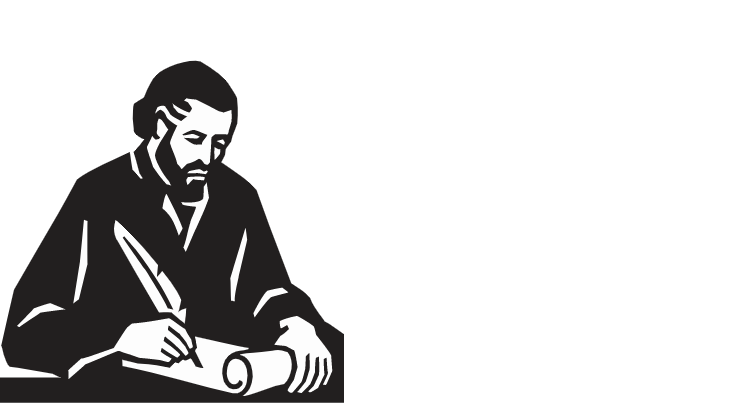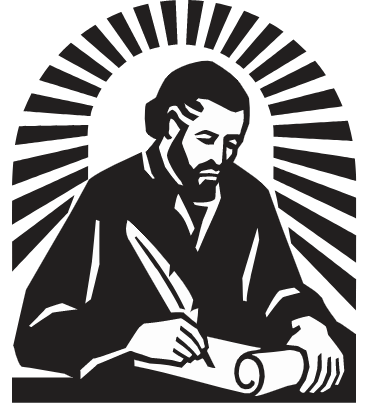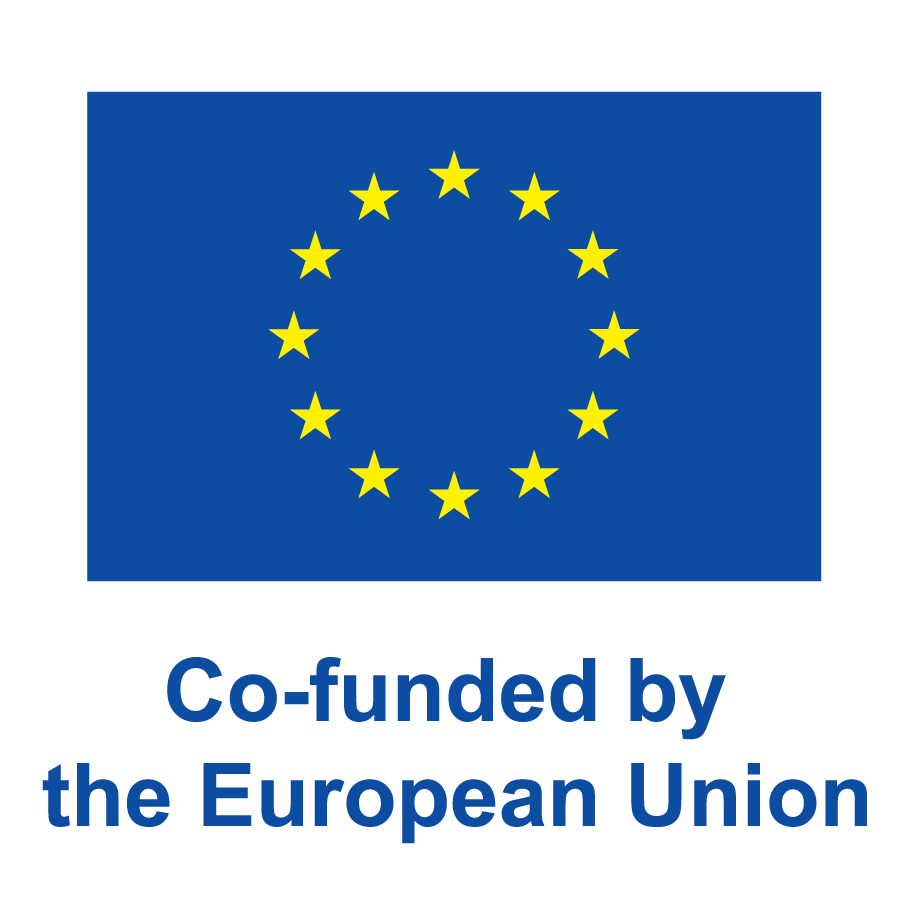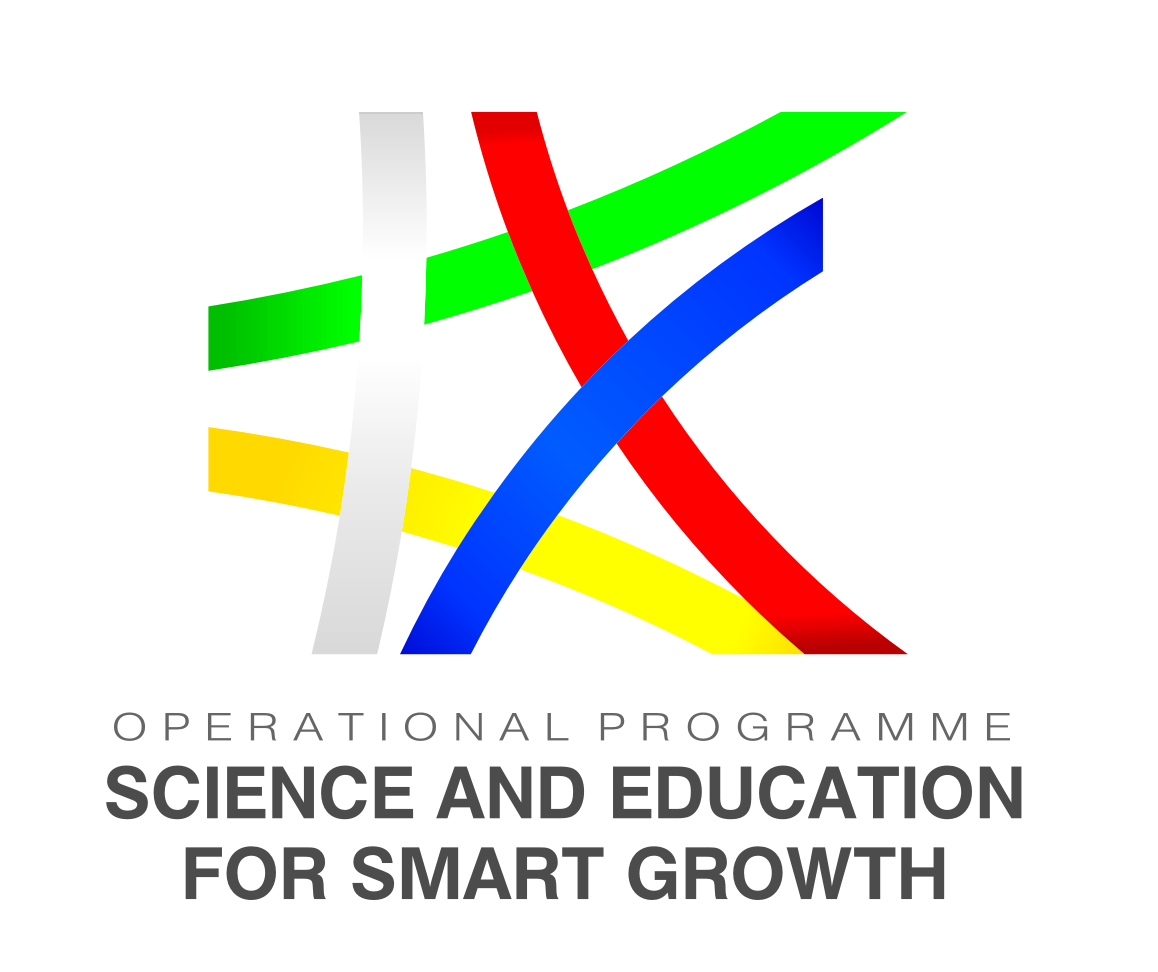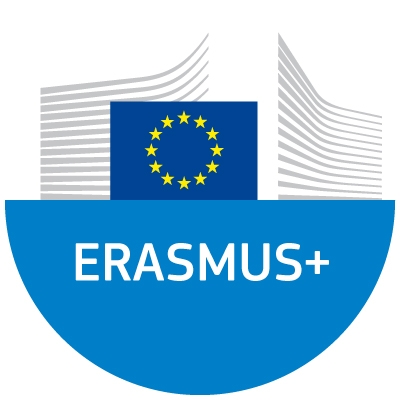Russian Philology
Professional field: Philology
Educational qualification: bachelor
Professional qualification: philologist, teacher in Russian language and literature
Period of study: 8 semesters (4 years)
Forms of study: regular and external
Evaluation scoring: see annex #1
The University has a richly equipped with modern technologies Center for Russian Language and Culture, which has CDs and cassettes with films and music, as well as a variety of literature. The specialty combines the traditions of classical philological education with modern trends in university education. It offers training both for zero level students and for those who speak the language at different levels, for whom up-to-date specialized training is provided.The qualification preparation for the graduates of the specialty is carried out within the framework of general theoretical, specialized and practical training through disciplines some of thme eligible and ensures competitiveness on the modern labor market. Linguistics and theory of literature, history of language and basic theoretical aspects of modern Russian language, foreign studies, Russian literature, historical linguistics and modern Bulgarian language with emphasis on language culture, practical Russian language, basic methodological and pedagogical disciplines are studied. It is an established practice to include in the curriculum modular disciplines led by guest lecturers from Russia. In the course of their studies, students are provided with opportunities to attend language courses in Russia and to participate in international student exchange programs.
The University has a richly equipped with modern technologies Center for Russian Language and Culture, which has CDs and cassettes with films and music, as well as a variety of literature.
Graduates could find their professional realization as teachers in Russian language and literature in the school system, specialized schools and institutes, experts in various educational and cultural institutions, consultants in Russian language and culture in local, national and international organizations and institutions, specialists philologists (interpreters), correspondents and editors in the mass media – radio, television and others, collaborative workers in advertisement agencies and publishing houses, collaborative workers in the sphere of tourism, researchers in their preferable philological discipline and others.
Future graduates could continue their education for the educational degree “Master” (at least one year) and the scientific degree Ph. D.
Last update 19 February 2026
